Are you ready to take the plunge and buy a new home? Financing a house can be overwhelming, but with the right advice and guidance, it doesn’t have to be. In this blog post, we’ll go over the different options available for financing your dream home, so you can make an informed decision.
1. Calculate How Much House You Can Afford
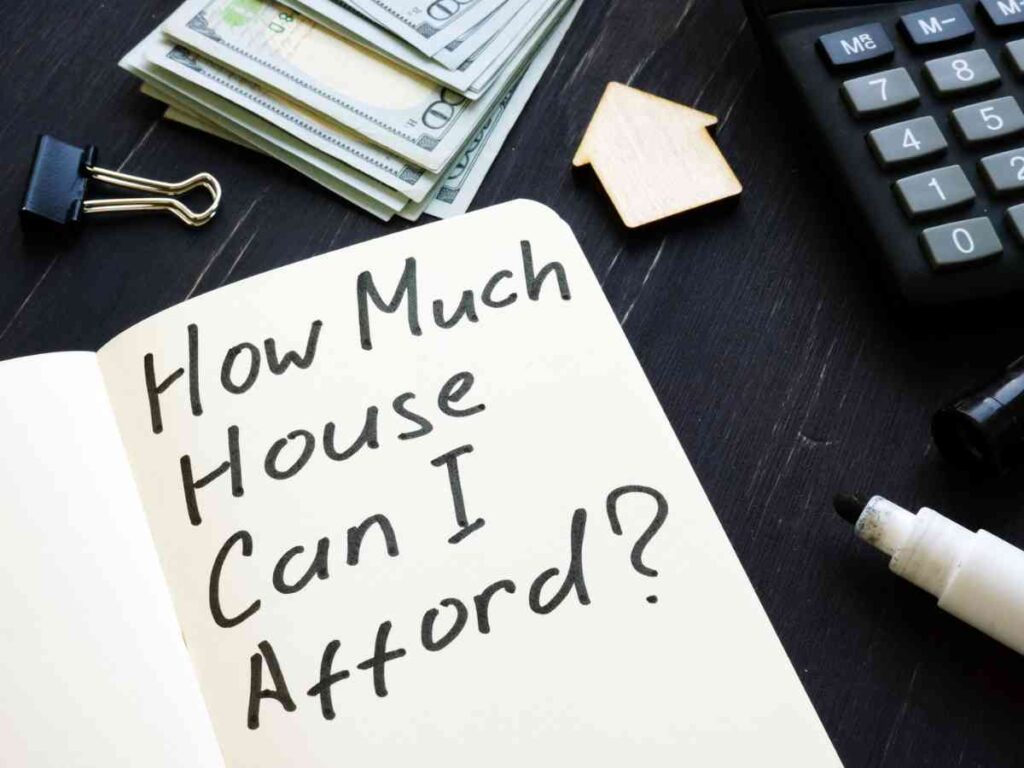
Buying a house can be a daunting task, but it doesn’t have to be. Before you begin your house hunt, it’s important to calculate how much house you can afford.
This way, you can set a realistic budget and ensure you don’t overextend yourself financially. To determine how much house you can afford, you’ll need to consider your income, debts, and expenses. First, calculate your gross monthly income by adding up your salary, bonus, and other sources of income.
Then, subtract taxes and other deductions from your gross income to determine your net income. Next, add up your bills, such as rent, car payments, credit card payments, and other debts. Subtract this number from your net income to determine how much money you have left for housing expenses.
Finally, use a mortgage calculator to determine how much house you can afford based on your budget. With this information, you can begin your house hunt with confidence knowing that you can afford the right home for you.
2. Check Your Credit Score
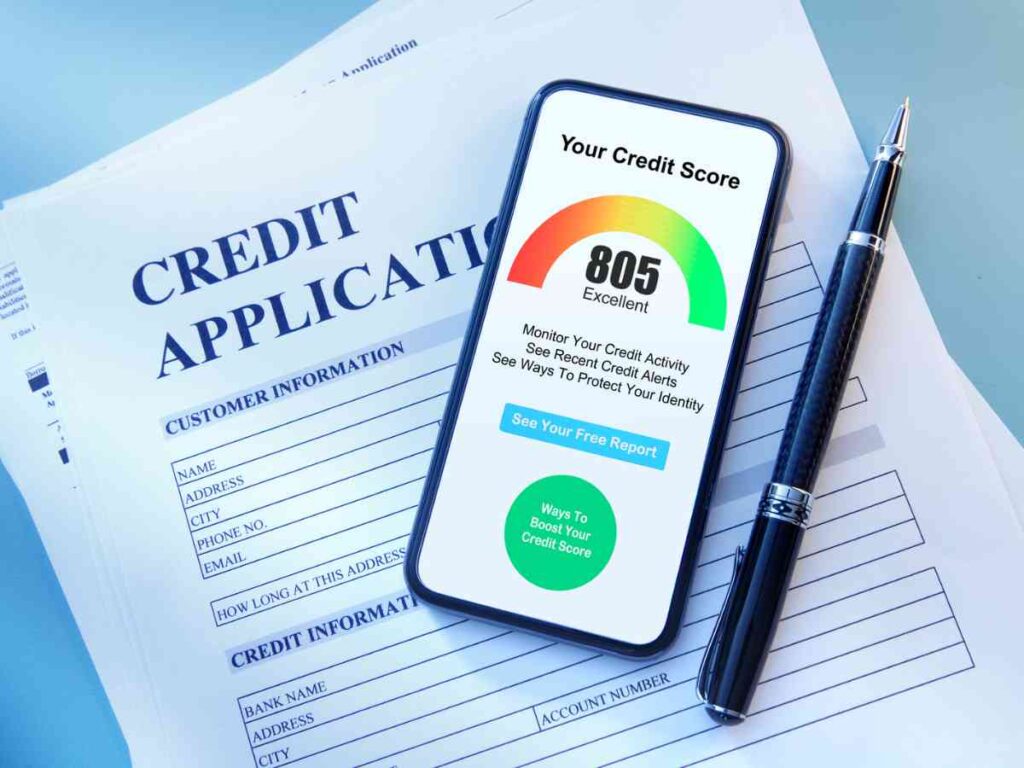
Before applying for a loan to finance a house, it’s important to check your credit score. Your credit score is an indication of your creditworthiness, and lenders use it to determine whether or not you’re a good candidate for a loan. It’s wise to know your credit score before you apply for a loan, as this can help you to determine what kind of loan you may be eligible for and how much you may be able to borrow. Checking your credit score is easy, and there are a variety of options available.
Once you know your score, you can make a plan to improve it if necessary. This can help to ensure that you’re able to get the best possible loan rate.
3. Save for a Down Payment
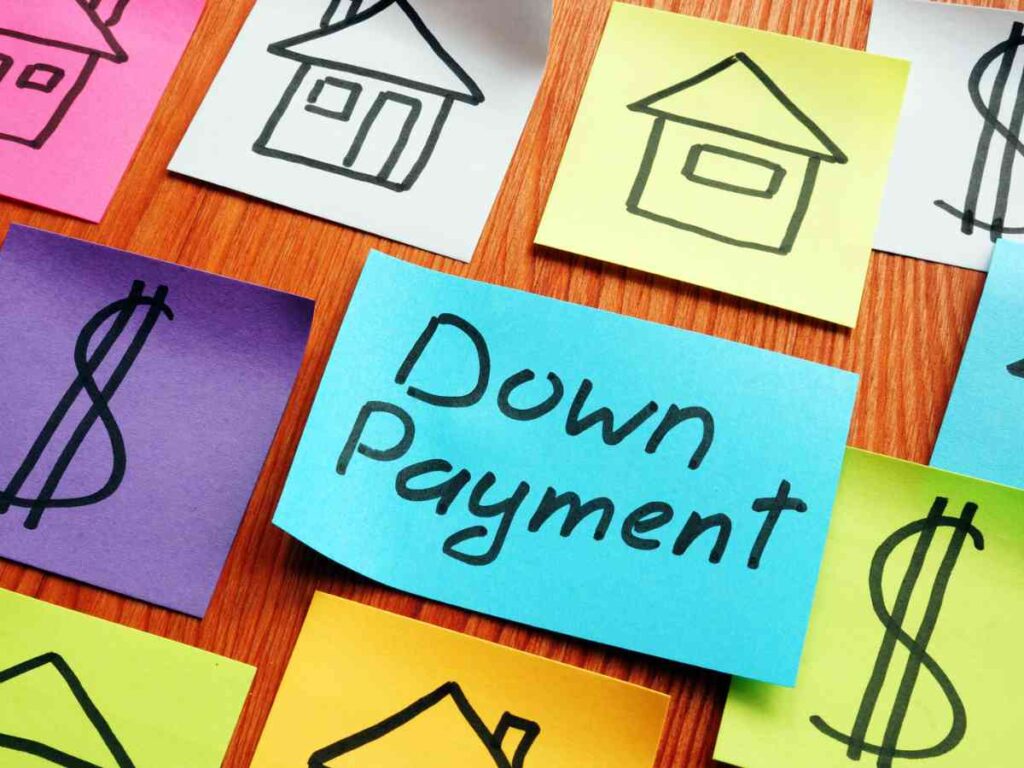
Now that you have a good idea of how much of a home loan you can afford and what type of loan fits your needs, it’s time to start saving for a down payment. A down payment is a lump sum of money you will need to pay upfront in order to secure a home loan.
The amount of money you will need to save for a down payment will depend on the type of loan you choose. For example, if you choose a conventional loan, you will likely need to save at least 5% of the home’s purchase price. However, if you choose an FHA loan, you may only need to save 3.5%.
Additionally, if you are a first-time homebuyer, you may have access to down payment assistance programs that can help you with the cost of your down payment.
4. Get Pre-Approved
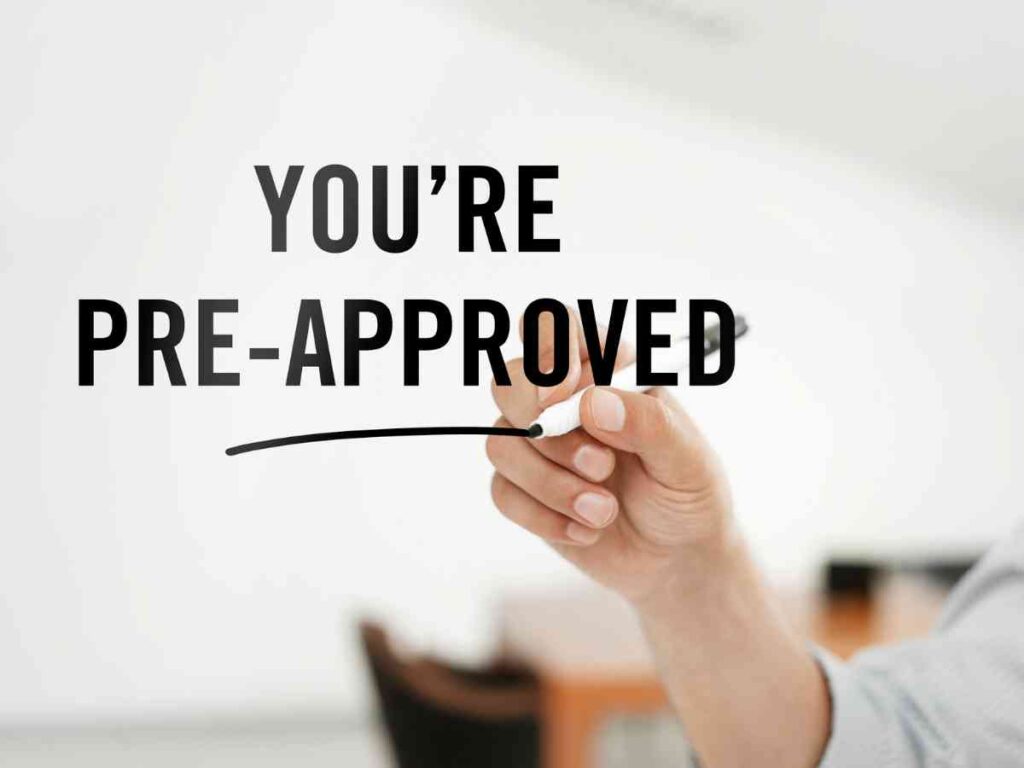
Getting pre-approved for a mortgage is an important step in the home buying process. Pre-approval can help you determine how much house you can afford and allows you to shop for a home within your budget. It also shows sellers that you’re serious about buying a home.
To get pre-approved, you’ll need to provide certain documents to your lender, such as pay stubs, W-2s, past two years’ tax returns, bank statements, and more.
Once approved, you’ll receive a pre-approval letter that outlines the terms and conditions of your loan, including the loan amount and interest rate. Knowing exactly how much you can borrow can help you shop for homes within your budget and avoid overspending.
5. Understand Mortgage Types
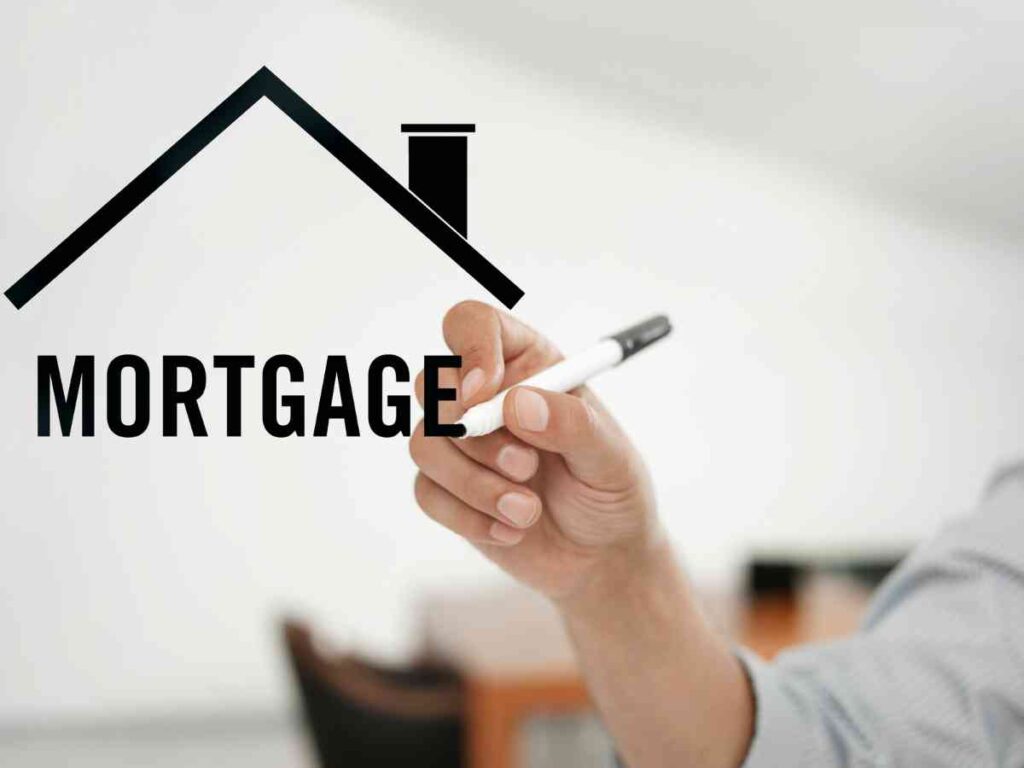
Once you have calculated how much house you can afford, taken steps to improve your credit score, and saved for a down payment, it’s time to start shopping for a mortgage. There are several types of mortgages available and it’s important to understand the differences between them.
Conventional mortgages are the most popular and require a minimum down payment of 5-20%. Other mortgage types include FHA loans, VA loans, USDA loans, and jumbo loans.
FHA loans are government-backed loans that require a lower down payment, while VA loans are available to active duty and retired military personnel. USDA loans are available to those who buy a home in a rural area, and jumbo loans are for those who need to finance an amount higher than conventional loan limits.
6. Shop Around for the Best Rate
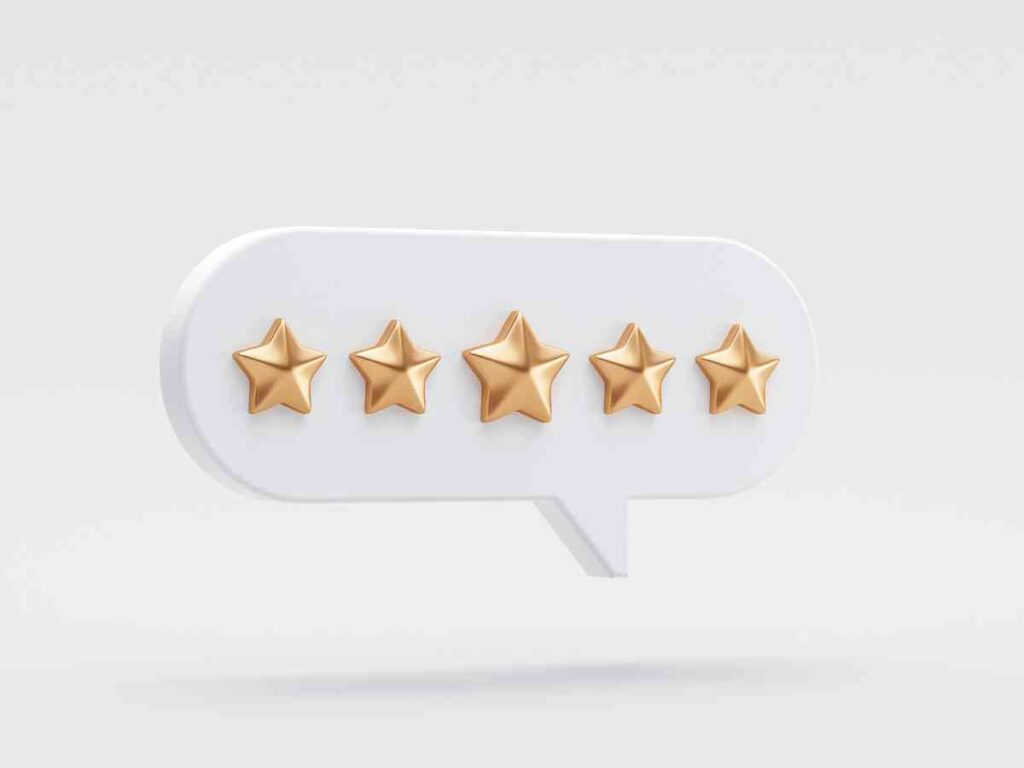
When you are ready to start shopping for the best rate on a mortgage, it’s important to compare offers from several lenders. Rates and terms can vary significantly from lender to lender, so it’s important to shop around for the best rate and terms for your situation.
Additionally, it’s important to consider the fees associated with a loan and find out what other services the lender offers that may be beneficial to you. Ask each lender what their rates and terms are, and compare them to find the best one for you. Additionally, research the lender’s reputation to make sure they are reliable, and look for any hidden fees they may charge.
7. Check Your Homeowner’s Insurance Options
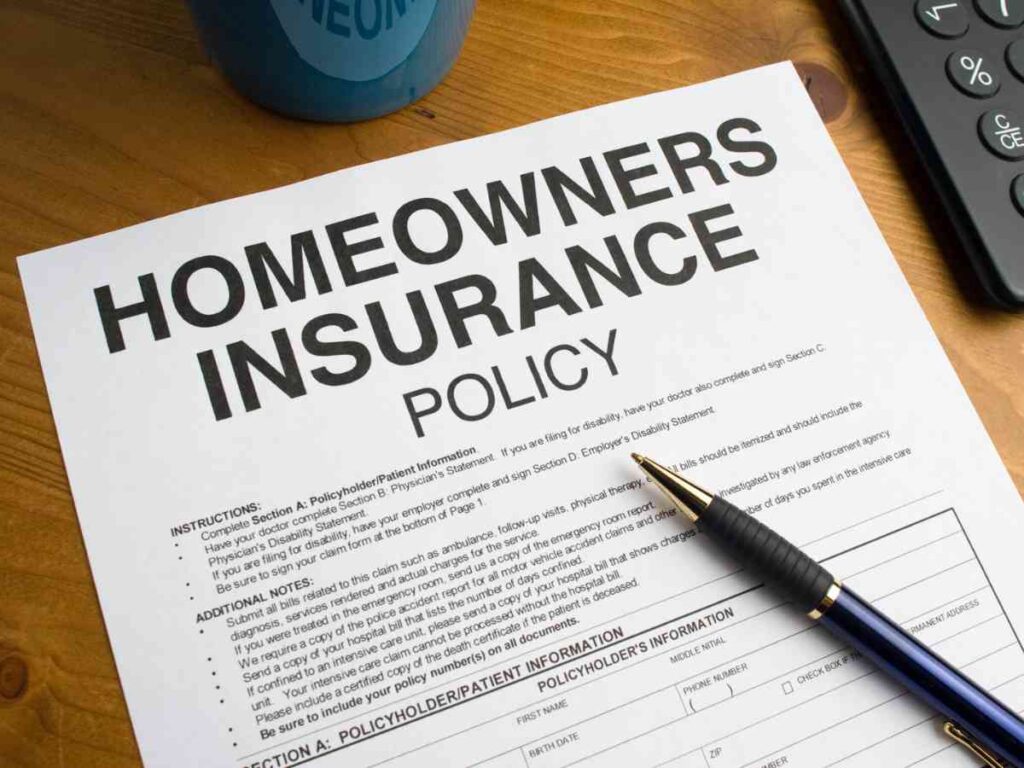
Once you’ve decided how much you can spend on a house, it’s important to check your homeowner’s insurance options. Your lender will require you to have a homeowner’s insurance policy to protect your home and belongings. It’s important to shop around and get multiple quotes to compare coverage and premiums.
You’ll want to make sure that the policy you choose is comprehensive enough to cover the value of your home, as well as any valuables inside it. Additionally, it’s important to understand the different types of insurance coverage and make sure you’re getting the best deal for the coverage you need.
Once you’ve chosen a policy, you’ll need to provide proof of coverage to your lender before you can close on the house.
8. Understand Closing Costs
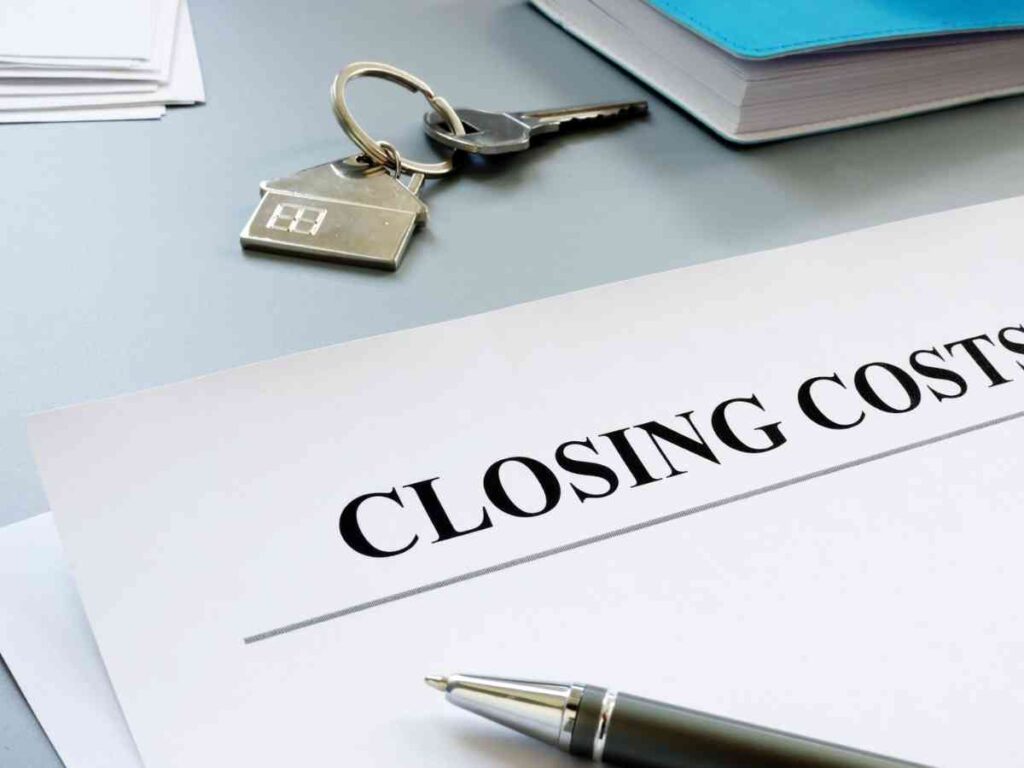
When it comes to financing a house, understanding closing costs is key. Closing costs are fees associated with closing on a loan, such as title insurance, appraisal fees, and recording fees.
These costs can add up quickly, so it’s important to research and compare the fees associated with different lenders. It’s also important to factor in additional costs such as property taxes and insurance, which may not be included in closing costs. Knowing your closing costs ahead of time can help you budget for the total cost of financing your house.
9. Get a Home Appraisal

Once you’ve been pre-approved for a mortgage and set a realistic budget, the next step in the home financing process is to get a home appraisal. Home appraisals are an important part of the home buying process, as they provide an independent evaluation of the property’s value.
Home appraisals are necessary for mortgage lenders to determine the worth of the home, and thus the risk, before they approve the loan. The appraisal results can also help buyers determine how much to offer on a home and how much money to bring to closing.
10. Choose a Closing Date

Now that you’ve gone through the steps to finance a house and have been pre-approved for a mortgage, you’ll need to decide when to close on the loan.
Choosing a closing date is an important step in the home buying process as it marks the end of the home loan process and the beginning of your new life as a homeowner.
Before you can choose a closing date, you’ll need to have a few details in order, such as a home appraisal, a clear title, and a written offer from the seller. Your lender will also need to approve your loan and provide you with the closing documents.
Once this is all in place, you can work with the seller and your real estate agent to select a closing date that works for both parties. It’s important to note that you may need to pay additional fees if you close on the loan before or after a certain date, so be sure to ask your lender about this before you decide on a closing date.
11. Get pre-approved for a mortgage
Once you have calculated your mortgage affordability and set a realistic budget, it is time to get pre-approved for a mortgage. Pre-approval is an important step in the home buying process and it helps you understand how much home you can afford. Pre-approval also allows you to move quickly when you find the right home.
When getting pre-approved for a mortgage, you will need to provide your financial information and credit history to the lender. The lender will then review your information and determine if you are eligible for a loan.
They will also provide you with an estimate of the loan amount that you qualify for and the interest rate you will receive. It is important to shop around and compare different lenders to get the best rate. Once you have found the right lender, you can get pre-approved and start your search for the perfect home.
12. Calculate your mortgage affordability
When it comes to calculating how much you can afford for a mortgage, it’s important to take several factors into consideration. Firstly, you’ll need to review your current financial situation and determine how much you can realistically afford each month. This includes considering your current income, debt, and any other financial obligations you may have.
Additionally, you’ll need to factor in the cost of interest, taxes, insurance, and any other related costs associated with purchasing a home. With this information, you can then use online mortgage calculators to help you determine your maximum mortgage amount and develop a budget.
This will help you to get an idea of what type of price range you should be looking at when it comes to purchasing a house.
13. Set a realistic budget
Setting a realistic budget is an important step when financing a house. You should consider all of your current financial obligations, such as credit card debt, student loans, car payments, and any other monthly payments. You should also think about future expenses such as medical bills, childcare, vacations and other potential costs.
Once you have a clear understanding of your finances, you can begin to set a realistic budget for your house purchase. Consider the cost of the house, any closing costs, homeowner insurance, property taxes, and any other associated costs.
Be sure to factor in the cost of living in the area you’re looking to buy in, as well as any potential maintenance costs. Once you have a realistic budget in place, you can begin to look for a house that fits your needs and budget.
14. Consider the long-term costs of homeownership
Buying a home is an exciting event, but it’s also a big commitment. Before taking the plunge, it’s important to consider all of the long-term costs associated with homeownership.
From maintenance and repairs to property taxes and insurance, owning a home can be expensive. Knowing exactly what you’re getting into and the costs associated with it can help you make an informed decision.
Beyond just the mortgage payment, homeowners need to plan for their annual property taxes, insurance, and upkeep of the home. Property taxes vary greatly depending on where you live, so it’s important to research the taxes in your area before committing to a home. Homeowner’s insurance is also required in most cases, and can be expensive depending on the coverage you choose. Finally, repairs and maintenance are a given when owning a home, and can be costly if you don’t plan for them in advance.
Making sure you’re aware of all of the long-term costs of homeownership is an important step in the home buying process. Taking the time to do your research beforehand can help ensure you don’t run into any surprises down the road.
15. Get a fixed-rate loan
A fixed-rate loan is a great choice if you want the security of a loan rate that won’t change over time. With this type of loan, you will be able to lock in an interest rate for the entire length of the loan, so you won’t have to worry about rising interest rates down the road.
This can provide peace of mind and financial security, as you know what your payments will be for the life of the loan. When shopping for a fixed-rate loan, make sure you compare offers from multiple lenders to get the best rate and terms.
16. Comparing different loan types
Comparing different types of loans can be a daunting task. To make the process easier, it is important to understand all of the options available. There are many different loan types, such as personal loans, auto loans, student loans, mortgage loans, home equity loans, and more.
Each type of loan offers its own unique advantages and disadvantages, so it is important to understand the terms and conditions of each before making a decision. By understanding the differences between each loan type and comparing them side by side, you can make an informed decision about which loan is best for you.
17. Shop around for the best mortgage rate
Shopping around for the best mortgage rate can be a great way to save money. By comparing multiple lenders, you can find the best rate that fits your financial situation. It’s important to reach out to different mortgage lenders to find out their rates and see what they can offer.
This way, you can get personalized rates and determine what works best for your needs. With a bit of research and comparison, you can get the best rate for your mortgage.
18. Participate in a loan program
The Participate Loan Program (PLP) is a great way for small businesses to obtain medium to long-term financing. It is an attractive option because the loans come with low-interest rates and potential tax exemptions.
The Loan Participation Exchange is an online platform that allows multiple lenders to participate in the funding of a loan. Interest rates, maturity, and collateral are all taken into account when determining the loan offering.
The GA LPP is used to purchase a portion of the loan originated by a lender to an eligible small business borrower. Credit unions nationwide can take advantage of Catalyst Corporate’s Loan Participation Program, making it a valuable resource for businesses looking to access financing.
19. Get a loan from a credit union
If you are considering borrowing money, you may want to consider a personal loan from a credit union. Credit unions are not-for-profit, so they may offer better rates than other lenders. There are several credit unions that offer competitive loans, such as Navy Federal Credit Union, Alliant Credit Union, and PenFed Credit Union.
These credit unions offer a range of loan amounts, from smaller amounts to larger amounts. The average interest rate for a personal loan from a credit union is between 24 and 27 percent. Credit unions are a great option for those looking for an affordable loan, so consider a credit union if you are in need of financial assistance.
20. Understand the closing costs
When purchasing a home, it is important to understand the closing costs associated with the loan. Typically, closing costs range from 3% to 6% of the loan amount.
This means that if you are buying a $200,000 house, you can expect your closing costs to be between $6,000 and $12,000. These costs include application fees, title insurance, and property taxes. It is important to budget for these costs when applying for a mortgage and to make sure you understand what you are paying for.
- Gulf Shores Getaway: 25 Exciting Things to Do and See in Alabama’s Hidden Coastal Gem! - May 31, 2023
- Lexington, KY: 25 Things to Do and See in the Horse Capital of the World! - May 29, 2023
- Atlantic City Adventures: 25 Things to Do and See in the Entertainment Capital of the Jersey Shore! - May 27, 2023

